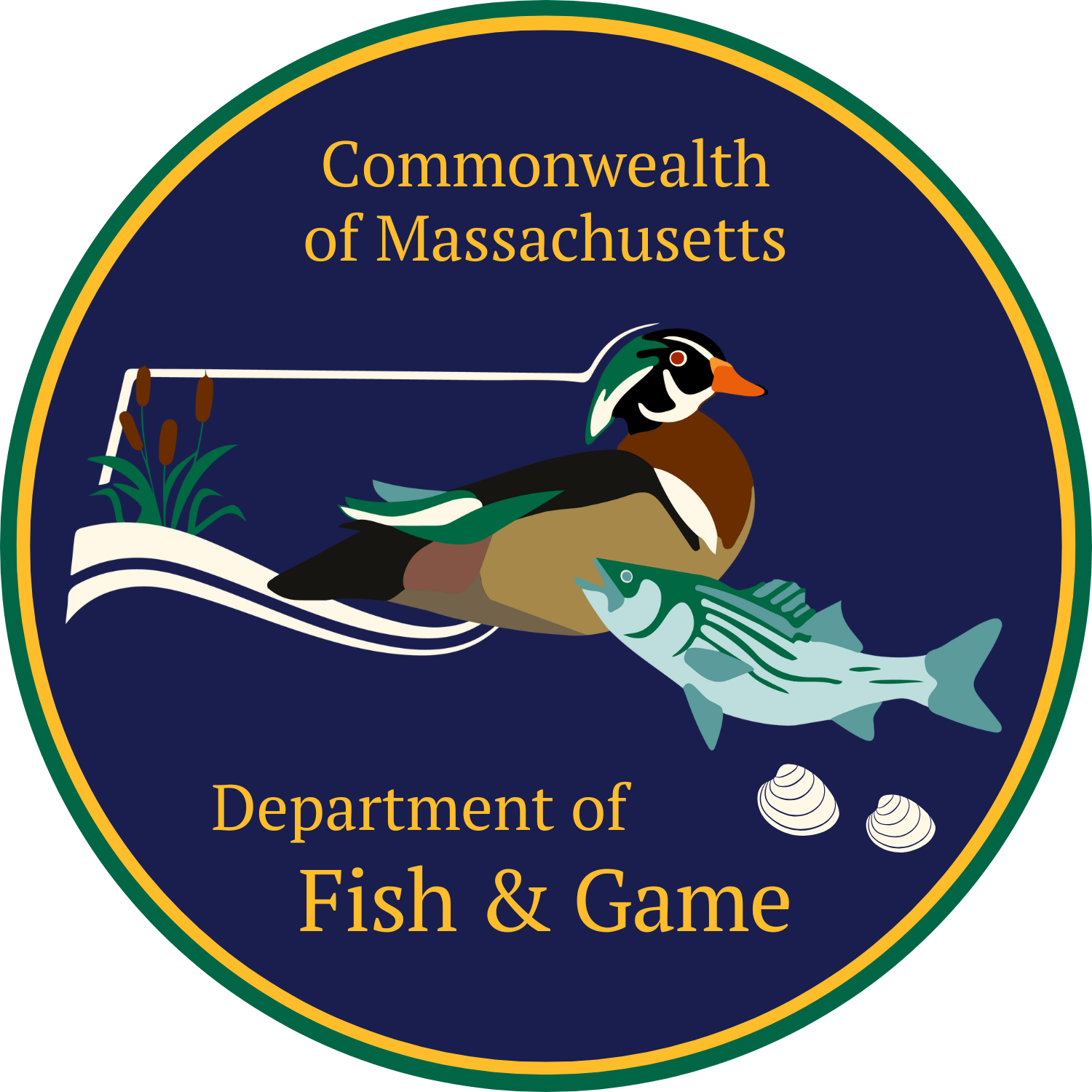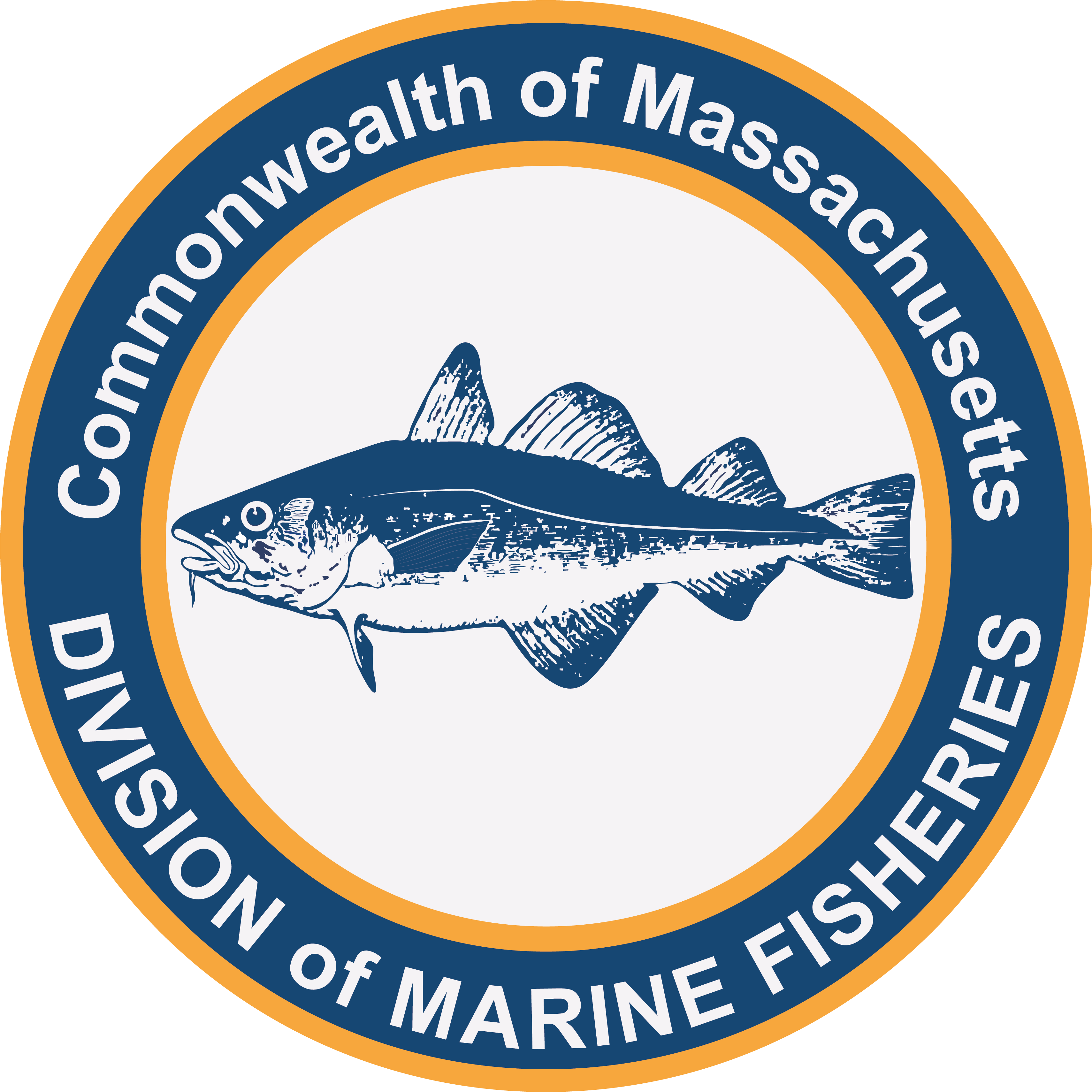- Executive Office of Energy and Environmental Affairs
- Department of Fish and Game
- Division of Marine Fisheries
- Massachusetts Office of Coastal Zone Management (CZM)
Media Contact
Julia E. Hopkins, Communications Director
BOSTON — On April 8, 2025, the Massachusetts Commercial Fisheries Commission (CFC) met for the first time to discuss the purpose, role, and direction of this new public body created to strengthen coordination, communication, and support for Massachusetts nation-leading seafood industry for generations to come.
“The Healey-Driscoll Administration fully supports Massachusetts’ vibrant, iconic and economically valuable commercial fishing industry,” said EEA Secretary Rebecca Tepper. “We are proud to establish Commercial Fisheries Commission and look forward to working with the seafood industry representatives to improve opportunities for our commercial fishers, seafood processors, dealers, restaurants, and other industry participants.”
“Commercial fishing is the oldest of industries in Massachusetts and critically important to the culture, economy, and identity of our coastal communities,” said DFG Commissioner Tom O’Shea. “We need to work collaboratively with the industry to ensure that we achieve conservation of our marine resources, long-term sustainable harvest, and a bright future for the people who depend on the incredible abundance and diversity of Massachusetts fisheries.”
“An important aspect of our mission is to promote and support the Commonwealth’s fisheries and seafood industry. The CFC will provide a valuable venue for interests from various ports and sectors of the seafood industry to come together and address the challenges and opportunities facing the industry state-wide,” said DMF Director and co-chair Daniel McKiernan. “I anticipate this will provide an opportunity to collaborate to promote economic development, address critical infrastructure upgrades, enhance input into offshore energy development projects, and promote strategies to secure the short and long-term sustainability of this legacy industry. I look forward to the opportunity to co-chair this public body and steer it towards success.”
“From protecting working waterfronts to funding local water quality projects, CZM is committed to supporting a thriving fishing industry in Massachusetts,” said CZM Director and co-chair Alison Brizius. “The new Commercial Fisheries Commission offers an excellent opportunity to ensure that those who best understand the impacts of ocean development on fishing are at the table to help create balanced ocean-use policy.”
The CFC was established by the Massachusetts Legislature in August 2022 (Section 79 of Chapter 179 of the Acts of 2022). The purpose of the CFC will be to “develop and recommend strategies, methods and tools to promote the sustainability of the Commonwealth's commercial fishing industry including, but not limited to, harvesting, processing and production and sales and distribution” and “address subjects including responsible development of offshore energy projects, mitigation and support strategies to ensure the long-term sustainability of fisheries in the Commonwealth.”
The Commercial Fisheries Commission is chaired by the Directors of the Division of Marine Fisheries (DMF) and the Office of Coastal Zone Management (CZM) or their appointees. Membership includes the Secretary of the Executive Office of Energy and Environmental Affairs (EEA) or the appointee thereof, as well as an appointed representative from the Responsible Offshore Development Alliance, Massachusetts Fishermen’s Partnership, Massachusetts Seafood Collaborative; Stellwagen Bank Charter Boat Association, New Bedford Port Authority, Massachusetts Lobstermen’s Association, Cape Cod Commercial Fishermen’s Alliance, Gloucester Fisheries Commission, Gloucester Fishing Community Preservation Fund, Fisheries Survival Fund, Center for Sustainable Fisheries, Northeast Seafood Coalition, Gloucester Fishermen’s Wives Association, and the University of Massachusetts School for Marine Science and Technology.
At the first meeting, leadership from various commercial fishing and seafood industry organizations discussed purpose, role, and direction of this new public body. This public body provides a forum to develop strategies to ensure the economic sustainability of the industry and directly engage with state government to influence public policy outcomes. This includes promoting and advocating for the industry, enhancing economic development opportunities and infrastructure, and proactively and cooperatively addressing emerging challenges, including how best to co-exist with ocean development projects. The CFC prioritized three items: (1) assist DMF with an update to its 2021 Port Profile Project, a living document that describes commercial fishing activity and infrastructure at ports throughout the state; (2) develop a strategy for how the CFC should interact with the Fisheries Working Group on Offshore Wind; and (3) consider how best to address fishery science challenges particularly given the likelihood that federal survey efforts may be constrained and less timely.
“While our historic commercial fisheries set an example for sustainability and innovation every day, they also face difficulties on a number of fronts that present challenges to their survival,” said Senate Minority Leader Bruce Tarr (R-Gloucester). “I authored and sponsored the legislation to create this commission to give the hard-working people in the industry a vehicle to engage state government more directly in the development, implementation, and coordination of policies and strategies, and to give them a stronger voice across the range of state government.”
“The fishing industry is an integral part of the Massachusetts economy, and I am looking forward to collaborating with the Commercial Fisheries Commission on legislative solutions,” said Representative Antonio Cabral (D-New Bedford). “The Commercial Fisheries Commission has the opportunity to bring people together to work through the industry's most pressing problems.”
"The first meeting of the Commercial Fisheries Commission is a critical step forward in supporting the long-term sustainability of Massachusetts’ commercial fishing industry. This commission brings together voices from throughout the industry to tackle the challenges and opportunities ahead for our working waterfronts," said Representative Ann-Margaret Ferrante (D-Gloucester). "I am especially glad to see Cape Ann so strongly represented by leaders like Angela Sanfilippo, Al Cottone, Jackie Odell, and Vito Giacalone, who bring local knowledge and expertise to the table. I was happy to work on and vote in favor of creating this commission to give fishermen a seat at the table."
The Commercial Fisheries Commission (CFC) will meet four times a year to address emerging issues related to commercial fisheries. Learn more about the Commercial Fisheries Commission, and see the meeting materials and watch the recording on YouTube.
###


